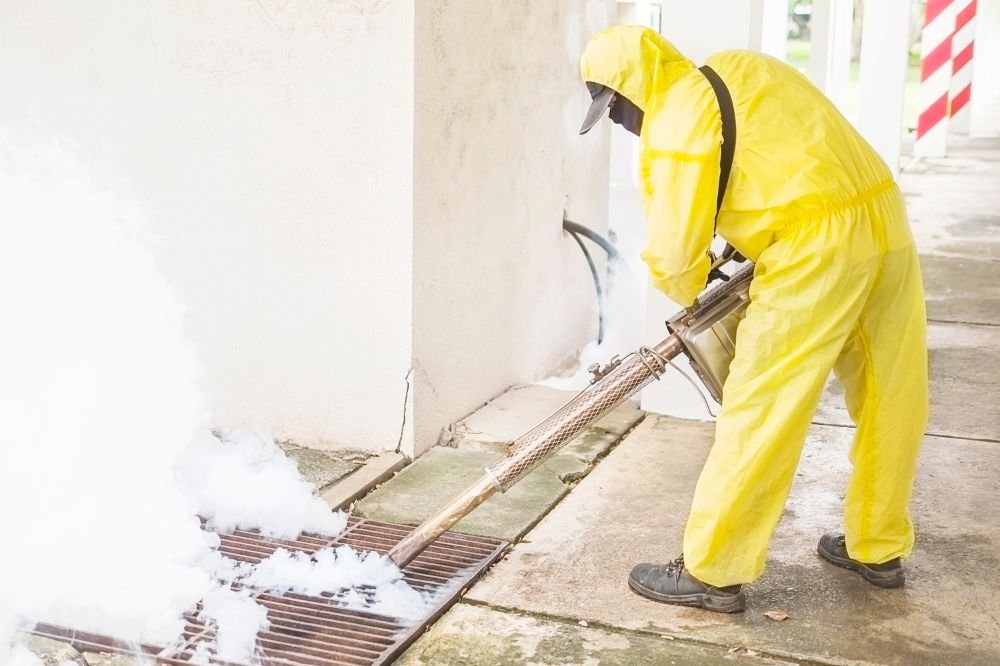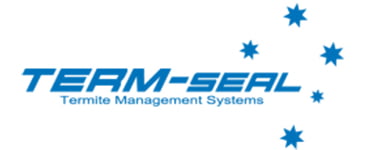Termites may be small, but the damage they cause can be immense. If you suspect termites are invading your property, acting quickly is vital. However, before you pick up the phone to book termite pest control, there are a few key steps you should take to ensure the treatment is as effective as possible.
Preparation plays a major role in the success of any pest control service. By taking a few smart steps beforehand, you not only make it easier for professionals to do their job but also potentially save yourself time and money in the long run.
1. Confirm the Presence of Termites
Before contacting a professional, it’s worth confirming that termites are indeed the problem. Termite infestations can sometimes be mistaken for other issues, like ants or moisture damage.
Early Signs to Watch For:
Mud tubes: Pencil-thin tunnels along walls or foundations.
Discarded wings: Found near windowsills, doors, or lights.
Hollow-sounding timber: Tap wooden structures to check for hollowness.
Bubbling paint or distorted wood: Indicators of internal termite activity.
While DIY inspections can be helpful, they often don’t reveal the full extent of the infestation. If you notice any of these signs, it’s wise to have a qualified pest inspector conduct a thorough assessment before arranging full-scale treatment.
2. Clear Access to Affected Areas
One of the most important ways you can assist your pest control team is by ensuring they have easy access to all potential problem zones.
Areas to Prepare Include:
- Perimeter walls and foundations
- Crawl spaces and under-floor areas
- Basements and garages
- Garden beds adjacent to the house
- Attics or roof spaces (if applicable)
Remove any clutter, furniture, storage boxes, or landscaping materials that could block entry points. The clearer the access, the more thorough and efficient the inspection and treatment process will be.
3. Protect Your Valuables and Furniture
Termite treatments may involve the use of chemicals or fumigation that could potentially affect your belongings if not properly protected.
Safeguarding Steps:
- Move wooden furniture away from affected areas.
- Cover electronics, fabrics, and sensitive documents with plastic sheets.
- Store valuable items in sealed plastic containers or relocate them temporarily.
- Remove pets and secure their food, bedding, and toys in a safe location.
Taking these precautions ensures your personal items remain unaffected during the treatment and prevents any accidental contamination or damage.
4. Eliminate Excess Moisture
Termites are drawn to moist environments, making moisture control a key preventative measure even before professional treatment begins.
Moisture Reduction Tips:
- Repair any leaking taps, pipes, or roofing.
- Ensure proper drainage around your home’s foundations.
- Use dehumidifiers in damp rooms like basements.
- Improve ventilation in bathrooms, kitchens, and laundry areas.
By addressing moisture issues early, you not only help reduce the termite population but also prevent reinfestation after treatment.
5. Understand the Treatment Options Available
Before calling for termite pest control, it’s helpful to familiarise yourself with the different treatment methods. This allows you to make informed decisions and discuss options confidently with your pest control provider.
Common Termite Treatments:
Chemical barrier treatments: Liquid termiticides are applied around the property’s perimeter.
Baiting systems: Strategically placed bait stations that attract and eliminate termite colonies.
Fumigation: Suitable for severe infestations; requires tenting and temporary relocation.
Physical barriers: Often installed during construction to prevent termite entry.
Understanding these options will help you ask the right questions and choose the most suitable solution for your property’s unique situation.
Communicate with Your Pest Control Provider
Open communication with your termite pest control provider can make a significant difference in the effectiveness of the treatment.
Key Information to Share:
- Any previous pest control treatments or issues?
- Areas where you’ve noticed termite activity.
- Concerns regarding pets, children, or sensitive materials.
Additionally, don’t hesitate to ask your provider about any specific preparation they require prior to their visit. Some treatments may need you to vacate the premises, while others can be safely conducted while you remain home.
Conclusion
Preparing your home for termite treatment might seem like extra work, but these proactive steps can significantly improve the outcome of professional pest control services. From identifying early warning signs to clearing access and managing moisture, your efforts make it easier for experts to do a thorough job and help protect your property from costly termite damage.
For expert advice and professional solutions, RF Pest Management is ready to assist with comprehensive termite pest control tailored to your needs.













